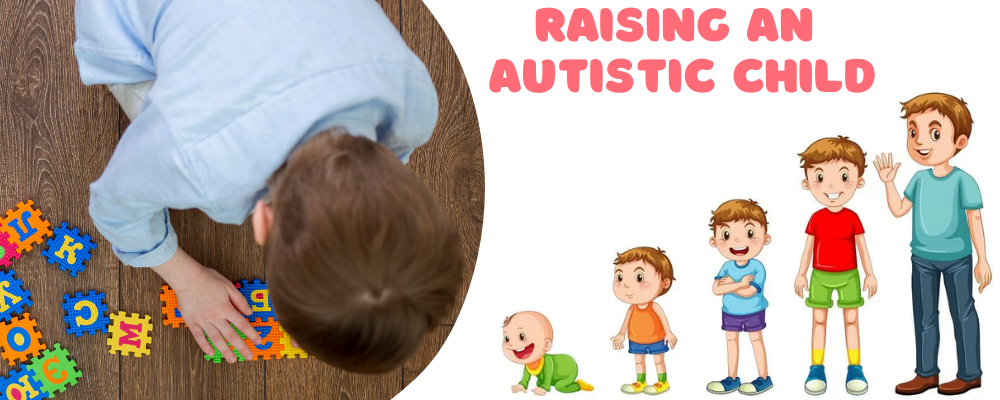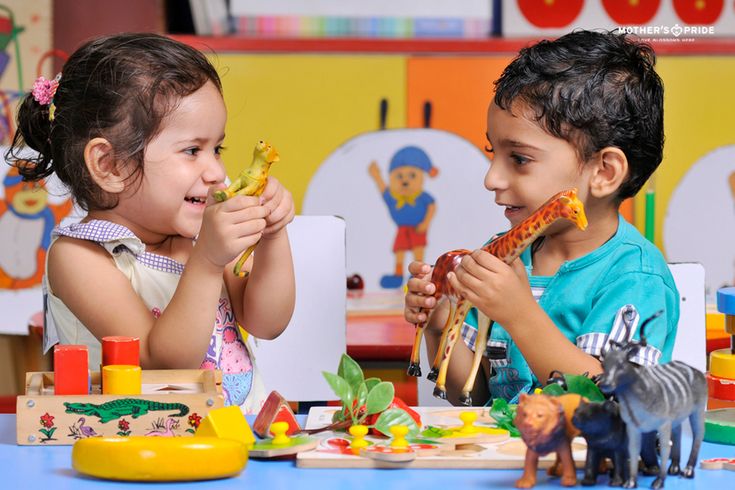Introduction:
Being a parent is like embarking on an adventure filled with love, joy, and, yes, some tough challenges. But when your child is diagnosed with autism spectrum disorder (ASD), the journey takes a unique turn. It requires patience, understanding, and, most importantly, a whole lot of love. Autism might seem mysterious to some, but it's not a barrier to a wonderful life. Instead, it's just a different way of experiencing the world.
Understanding Autism:
Autism spectrum disorder is a developmental condition that affects how a person perceives and interacts with the world around them. Each individual with ASD is as unique as a fingerprint; no two are alike. Some may excel in music, theater, art, dance, or singing, finding their passion and talent effortlessly. Others may struggle with social communication or sensory sensitivities. But despite these differences, they all share the common thread of being extraordinary individuals with their own strengths and challenges.
Identifying Autism:
Recognizing the signs of autism early is crucial for intervention and support. While the symptoms can vary widely, common signs include difficulties with social interaction, communication challenges, repetitive behaviors, and sensory sensitivities. For example, a child may avoid eye contact, have delayed speech development, or display intense interests in specific topics. Being nonverbal at age 4 does not mean that a child with autism will never speak; with the right support, most will learn to use words, and nearly half will learn to speak fluently.
Separating Myths from Truths:
Autism is often shrouded in misconceptions, but it's crucial to distinguish between fact and fiction. One common myth suggests that bad parenting causes autism. However, research indicates that genetics and various environmental factors are significant contributors to the development of autism spectrum disorder. It's essential to understand that parents do not and cannot cause autism; it's a complex neurodevelopmental condition with multifaceted origins.
Another misconception revolves around communication abilities. Contrary to popular belief, being nonverbal at a young age does not signify a lifelong inability to speak. Research shows that with appropriate support and intervention, many children with autism learn to communicate effectively, whether verbally or non-verbally. Each individual's journey is unique, and with the right resources and guidance, remarkable progress can be made.
By dispelling such myths and embracing scientific truths, we can foster a more inclusive and understanding society for individuals with autism and their families
Parenting a child with autism comes with its own set of challenges, but it's also incredibly rewarding.
Here are some tips for parents:
Embrace Individuality: Celebrate your child's unique strengths and interests. Encourage their passions, whether it's music, art, or science. Many individuals with autism have exceptional talents in areas like music, theater, and art.
Example: Jack, a child with autism, discovered his love for painting at an early age. His parents nurtured this passion by providing art supplies and enrolling him in painting classes. Today, Jack's artwork adorns galleries, showcasing his exceptional talent.
Effective Communication: Communication can be challenging for individuals with autism, but there are strategies to support them. Use visual aids, such as picture schedules or social stories, to help with understanding. Patience and clear, concise language are key. Many individuals with autism spectrum disorder have difficulties with communication, ranging from challenges with spoken language to challenges with social communication.
Create a Sensory-Friendly Environment: Sensory sensitivities are common in autism. Pay attention to your child's sensory triggers and create a calming environment at home. Provide sensory tools like weighted blankets or fidget toys to help regulate their emotions. Children and adults with autism spectrum disorder often care deeply but struggle to spontaneously develop empathic and socially connected typical behavior.
Importance of Toys: Toys play a crucial role in the development of children with autism. opt for toys that engage their senses and promote imaginative play. Sensory toys like textured balls or kinetic sand can provide tactile stimulation, while building blocks encourage creativity and problem-solving skills.
Example: Sarah, a toddler with autism, finds solace in her sensory play corner filled with squishy toys and colorful balls. These toys not only provide sensory stimulation but also promote her motor skills and creativity.
Establish Routine and Predictability: Children with autism often thrive in environments with clear routines and expectations. Establishing a daily schedule can help reduce anxiety and provide a sense of security. Use visual schedules or timers to outline activities and transitions.
Encourage Social Interaction: While socializing may be challenging for some children with autism, it's important to encourage and facilitate social interactions. Arrange playdates with understanding peers, join social skills groups, or engage in activities that involve teamwork and cooperation.
Celebrate Progress, Not Perfection: Every milestone achieved, no matter how small, is a reason to celebrate. Recognize and praise your child's efforts and accomplishments, whether it's learning a new skill, trying something new, or simply expressing themselves in a different way.
Practice Self-Care: Parenting a child with autism can be demanding, both physically and emotionally. Remember to prioritize self-care and seek support when needed. Take breaks, engage in activities that recharge you, and connect with other parents or support groups who can offer guidance and understanding.
Foster Independence: While it's natural to want to protect and support your child, promoting independence is essential for their long-term growth and success. Encourage autonomy by teaching life skills such as dressing themselves, cooking simple meals, or managing their own schedules.
Stay Informed and Advocate: Educate yourself about autism spectrum disorder and stay informed about the latest research, therapies, and interventions. Advocate for your child's needs within educational settings, healthcare systems, and the community to ensure they receive the support and resources they require to thrive.
Embrace Flexibility: Be prepared to adapt and adjust your parenting approach as your child grows and their needs evolve. What works for one child with autism may not work for another, so remain flexible and open to trying new strategies and techniques Conclusion:
Conclusion:
Raising a child with autism requires patience, understanding, and unconditional love. By embracing their uniqueness, providing support, and fostering their passions, parents can help their child thrive and reach their full potential. Remember, every child is a gift, and autism is just one aspect of who they are. Together, we can create a world where individuals with autism are valued, accepted, and celebrated for their remarkable abilities.









